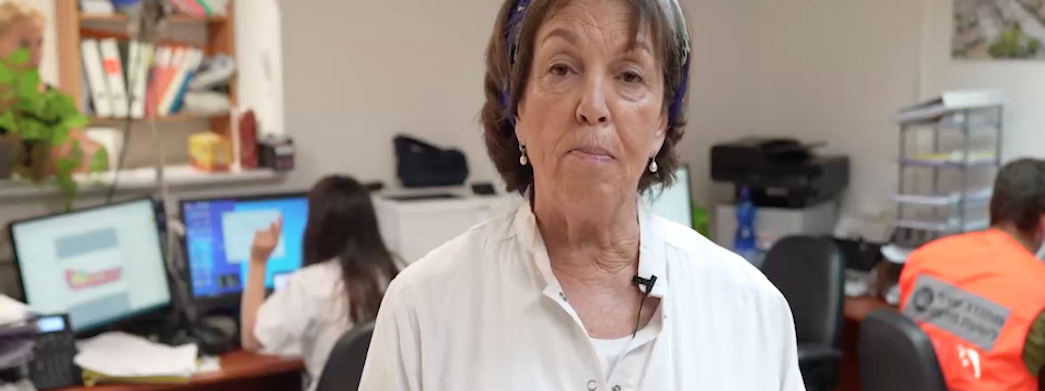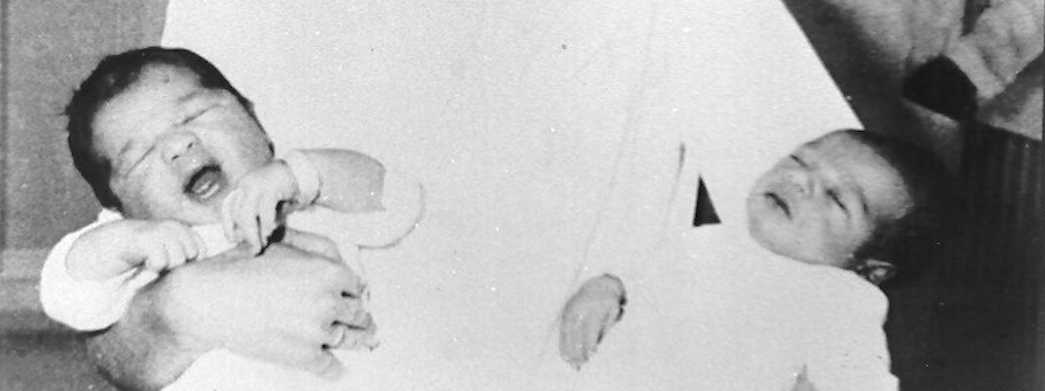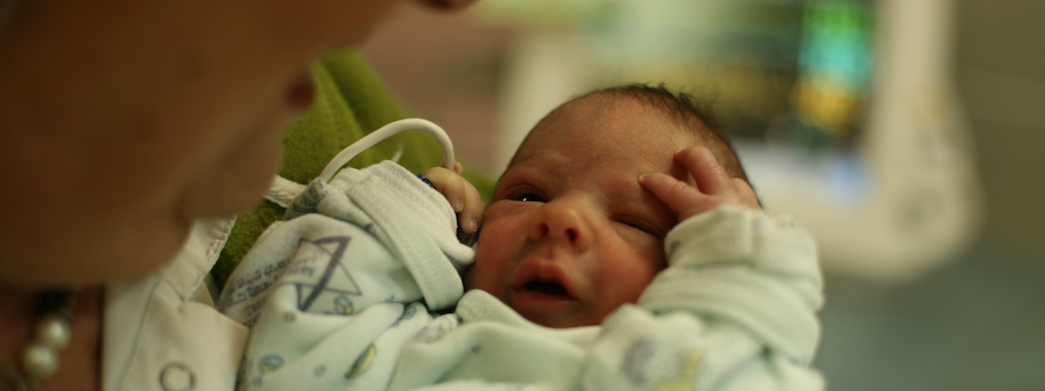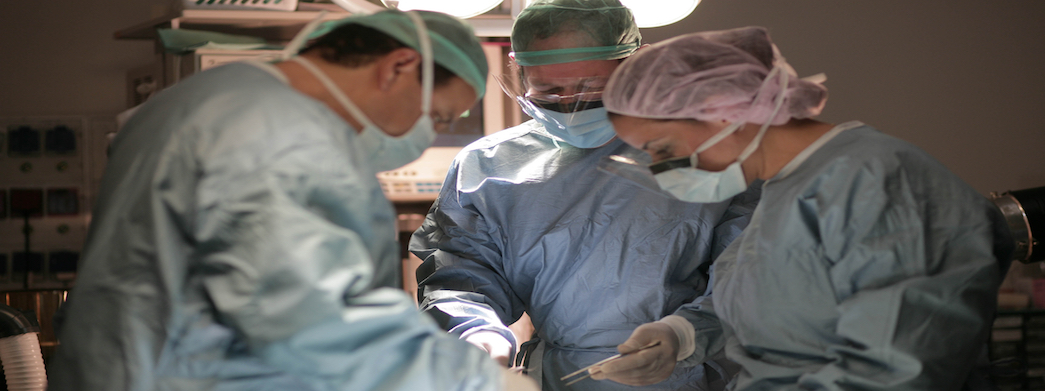- Home
- News and Stories
-
'War room' set for impending crisis in Israel
'War room' set for impending crisis in Israel

Lydia Lanxner, the leader of disaster management at Laniado, brings a wealth of experience in handling crisis situations in Israel and at Laniado. Her experience dates back to the tragic night of the Park Hotel massacre on Seder night, March 27, 2002, which claimed 30 lives and left over 140 people injured, all of whom were brought to Laniado for treatment.
Currently, Lydia is diligently preparing the hospital to brace for an all-encompassing conflict that could significantly impact the 500,000 residents in the Sharon region. Speaking from the recently established 'war room,' she underscores the hospital's unique geographical advantage, situated equidistant at 90 kilometres from Gaza and the northern border with Lebanon. Laniado is one of only three hospitals granted the privilege of gradually reducing patient numbers by discharging those not in critical condition. This allows them to accommodate patients from hospitals in the north and south that are themselves preparing for continuing hostilities in the region.
In the past 24 hours, Laniado has received an influx of patients from the Ziv Medical Centre in Tzfat and patients requiring ventilator support from several southern hospitals. The number of patients is expected to rise as hospitals near the borders take on patients from the front lines.
To contribute to our emergency appeal for essential medical equipment, please click here.
To contribute to our emergency appeal for essential medical equipment, please go to https://www.charityextra.com/laniadourgentappeal.
The hospital's next phase of preparation is geared towards a potential conflict affecting central Israel. Following directives from the Israeli government, they have initiated the process of relocating patients from the upper floors to lower levels to enhance safety in the event of missile attacks.
In recent years, Laniado, with the support of generous donations from global benefactors, has constructed three fortified areas to safeguard the most vulnerable patients: the Birthing Centre, the Neonatal Intensive Care Department, and the Dialysis Unit. These units were specifically designed in anticipation of such challenges. The Birthing Centre will cater and prioritise high risk pregnant women from across Israel, ensuring the security of prematurely born babies and their mothers without the need for relocation, thus minimizing risks in the Neonatal Department. The Dialysis Unit now operates around the clock to provide crucial dialysis treatment to patients from the south, where dialysis units lack shelter. The hospital is preparing to receive as many as 200 patients from the north, a significant increase from their usual capacity.
To meet the demands of incoming patients from the borders and the Netanya area, the Orthopaedic and Surgical units have suspended elective surgeries, freeing up beds to accommodate those most in need in the event of further escalation.
To contribute to our emergency appeal for essential medical equipment, please click here.
Other News

Celebrating 50 Years of Life: Laniado Hospital’s Golden Birthday

Off-Duty Police Officer Allegedly Stabs Man in Netanya; Victim Treated at Top-Rated Laniado Hospital

A Birth Surrounded by Care, Calm, and Heart at Laniado Hospital



